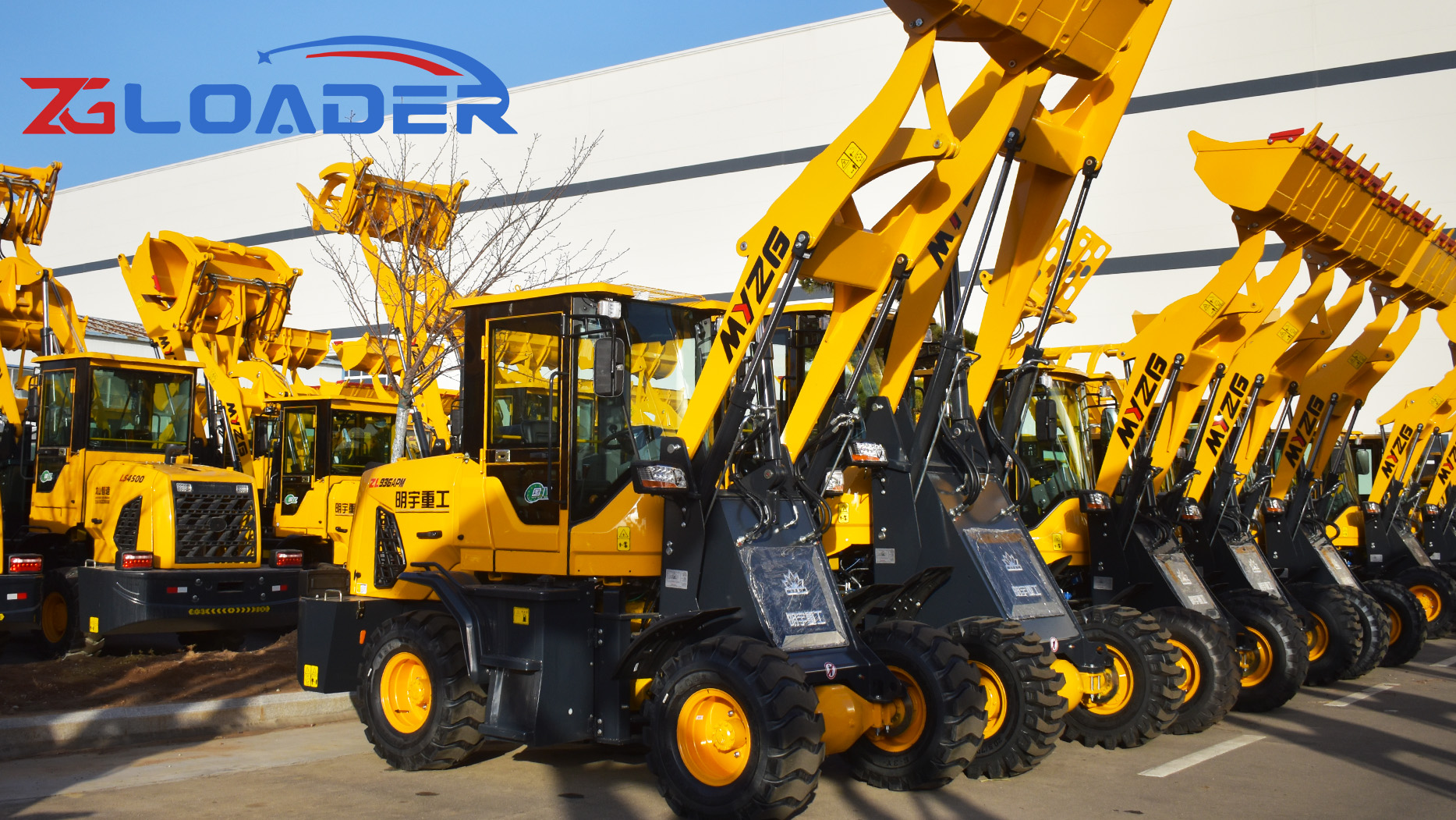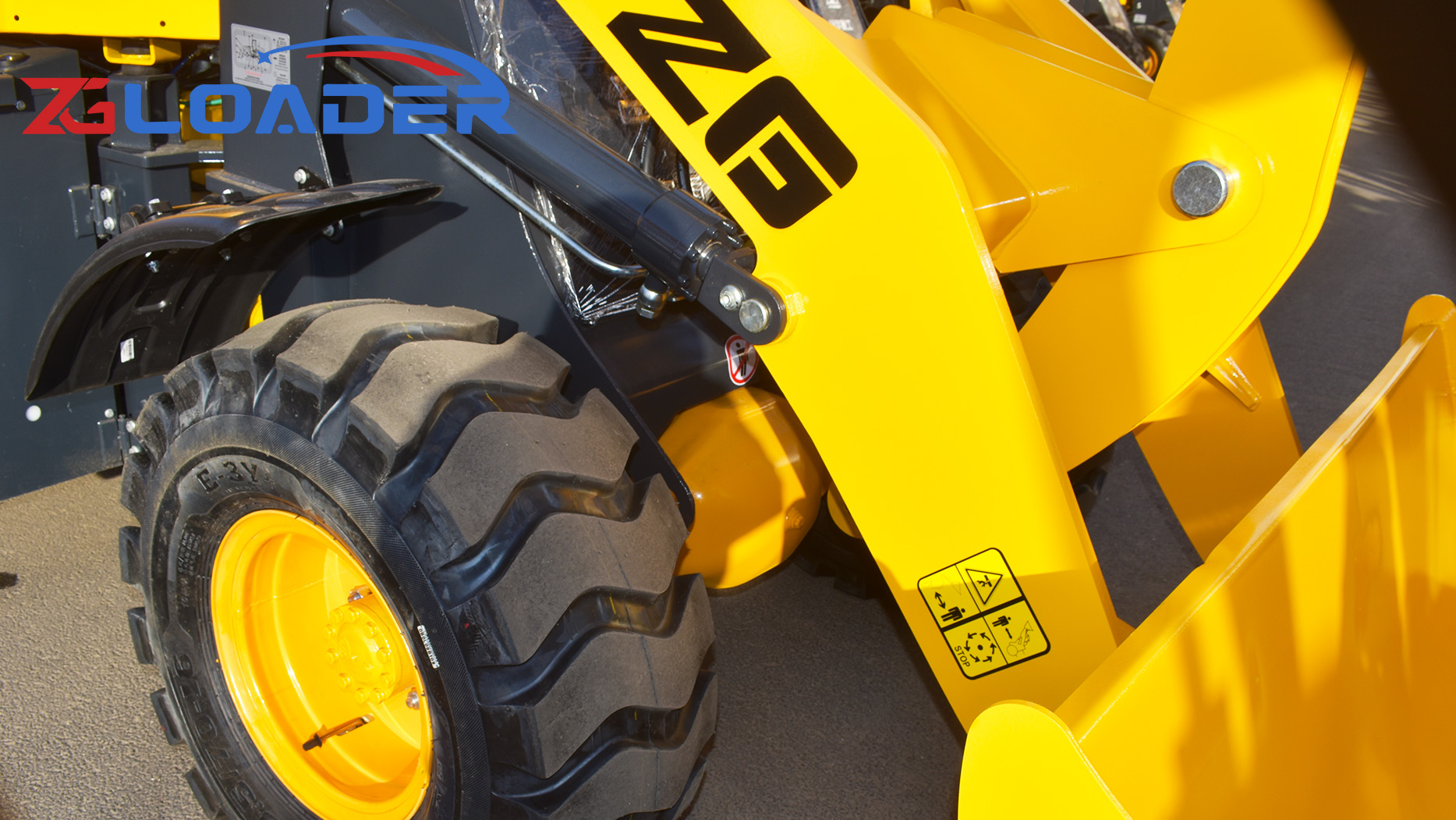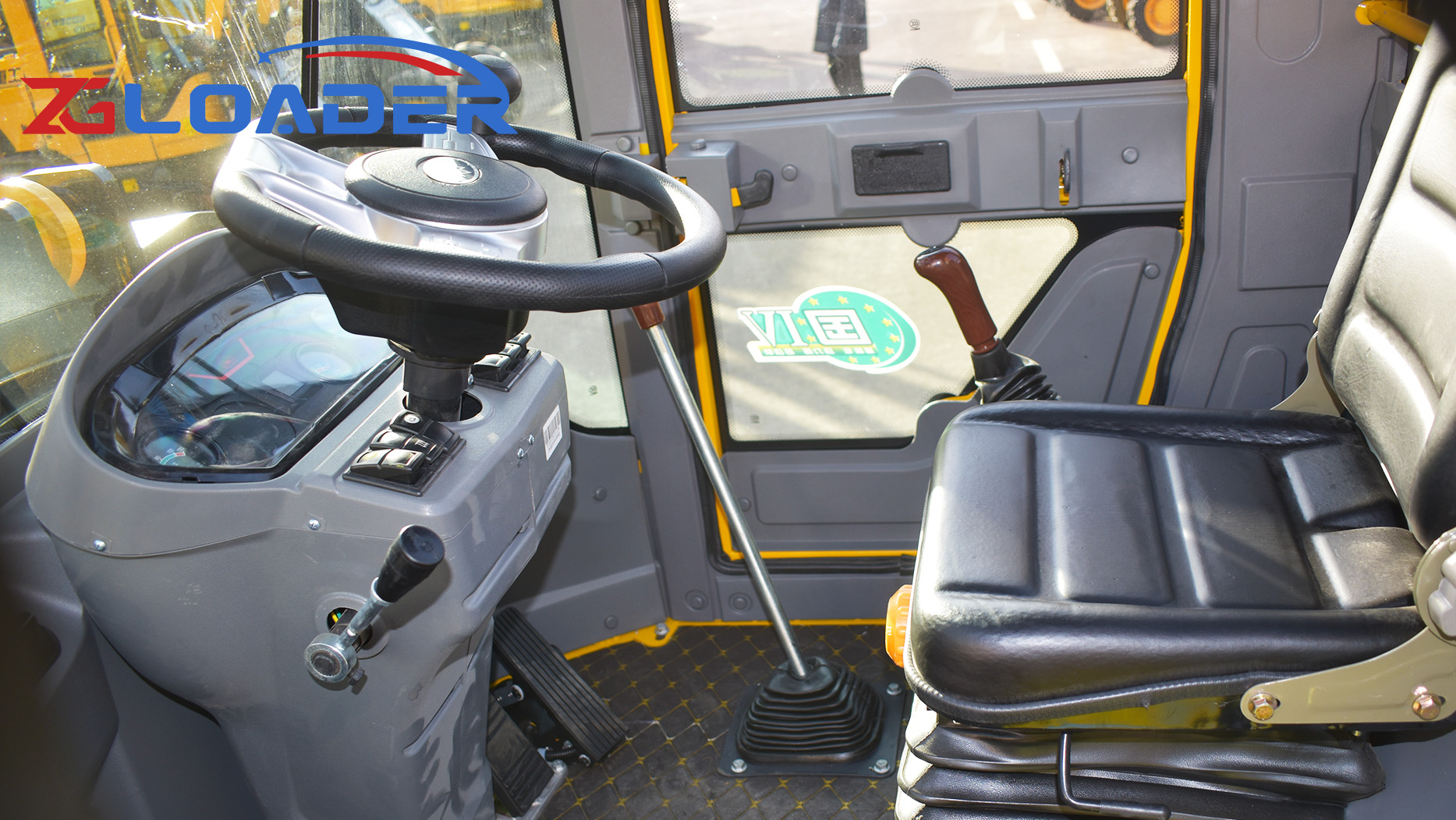A Comprehensive Guide
Loaders, versatile machines used across various industries, come in a wide array of sizes and configurations. Determining the weight of a specific loader is crucial for various reasons, including:
Transportation: Ensuring safe and legal transport on roads and highways.
Site Preparation: Planning for appropriate ground support and load-bearing capacity.
Material Handling: Matching the loader's capacity to the weight of the materials being moved.
Safety: Ensuring the loader operates within safe working limits.
This article will delve into the factors that influence loader weight and provide a general overview of typical weight ranges for different loader types.
Factors Influencing Loader Weight
Several key factors contribute to the overall weight of a loader:
Size and Model:
Compact Loaders: These smaller machines, often used in landscaping and residential settings, typically weigh between 3,000 and 10,000 pounds.
Skid Steer Loaders: Known for their maneuverability, skid steers generally weigh between 3,000 and 10,000 pounds, depending on the model and attachments.
Wheel Loaders: These larger machines, commonly used in construction and agriculture, can weigh anywhere from 10,000 to 100,000 pounds or more.
Crawler Loaders: Designed for rough terrain, crawler loaders are typically heavier than wheel loaders, often exceeding 100,000 pounds.
Engine Type and Size:
Diesel engines are common in loaders and tend to be heavier than gasoline engines.
Larger engines naturally increase the overall weight of the machine.
Attachments:
The weight of attachments, such as buckets, forks, and grapple hooks, can significantly impact the total weight of the loader.
Heavier attachments increase the overall operating weight.
Fuel and Fluids:
The amount of fuel, hydraulic fluid, and other operating fluids in the loader will contribute to its weight.
Operator and Cargo:
The weight of the operator and any cargo being carried by the loader must be considered.
Typical Weight Ranges for Different Loader Types
Compact Loaders: 3,000 - 10,000 pounds
Skid Steer Loaders: 3,000 - 10,000 pounds
Wheel Loaders: 10,000 - 100,000+ pounds
Crawler Loaders: 100,000+ pounds
How to Determine the Weight of a Specific Loader
Check the Manufacturer's Specifications:
The most accurate way to determine the weight of a loader is to consult the manufacturer's specifications.
This information is typically available in the operator's manual or on the manufacturer's website.
Specifications will usually include the operating weight, which is the weight of the loader with all fluids and an average operator.
Weigh the Loader:
If you need a precise weight, you can weigh the loader on a certified scale.
This is often necessary for transportation and regulatory compliance.
Importance of Knowing Loader Weight
Understanding the weight of a loader is crucial for several reasons:
Transportation:
Ensuring the loader can be safely transported on roads and highways within legal weight limits.
Selecting appropriate trailers and transport vehicles with sufficient load capacity.
Site Preparation:
Determining the ground bearing capacity required to support the loader's weight.
Preventing damage to the ground and ensuring safe operation.
Material Handling:
Matching the loader's capacity to the weight of the materials being moved.
Preventing overloading and potential equipment damage.
Safety:
Operating the loader within safe working limits.
Ensuring the loader is not overloaded, which can increase the risk of accidents.
Compliance:
Adhering to local, state, and federal regulations regarding vehicle weight and transportation.
Conclusion
Loader weight is a critical factor to consider in various aspects of loader operation and maintenance. By understanding the factors that influence loader weight and consulting manufacturer specifications, you can ensure safe, efficient, and compliant operation of your equipment.
Post time:Jan.02.2025



